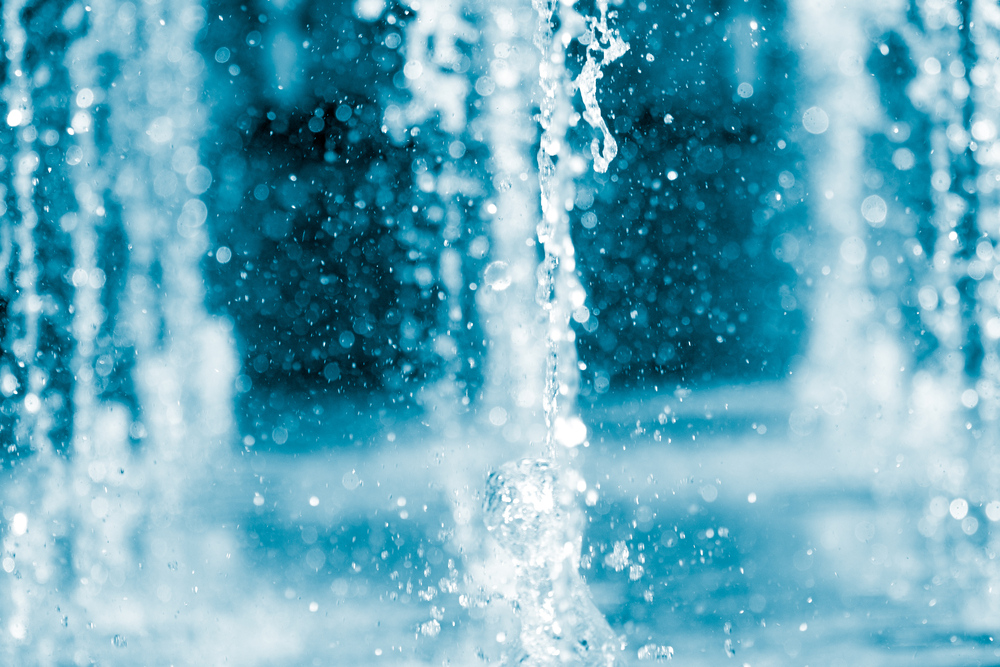
Can carbon dioxide be the solution to clean polluted water on a large scale? Image source: Shutterstock (#440449237)
A team comprised of researchers from Princeton University, Unilever and the University of Hawaii has developed a method to turn polluted water into drinking water by mixing it with carbon dioxide, which might seem counterintuitive.
“When CO2 is in contact with water, it dissociates into ions, which subsequently generates a small electricity. Yet, this electricity is big enough to push the suspended particles. We use this principle to achieve efficient, continuous, scalable water filtration that does not involve any porous filters,” Sangwoo Shin of the University of Hawaii explains.
The process removes virtually all particles and needs less energy than conservative methods, yet the team still has a long way ahead of them to commercialize and scale up the system.
Digital TrendsWhy not share this article?







